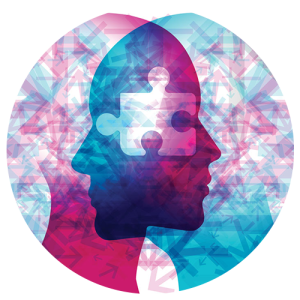Excessive alcohol use can have many impacts on our health. But for those who regularly drink large quantities, it can also be dangerous to abruptly cut back or stop. In fact, sudden alcohol withdrawal can cause a set of symptoms that may lead to delirium tremens. Without medical assistance, delirium tremens can lead to coma and even death.
What is delirium tremens?
Delirium tremens, or DT’s, is a potentially serious medical condition caused by alcohol withdrawal, which happens most often to people who have had this addiction for a long time. This condition can occur when someone drastically cuts back or completely stops drinking following a long period of excessive alcohol use.
Alcohol is a depressant of the central nervous system, meaning it slows down certain brain functions. When someone used to excessive drinking, suddenly decreases or stops, it can lead to an overstimulation of the brain and nervous system. This overstimulation can result in a set of symptoms that can be particularly serious.

